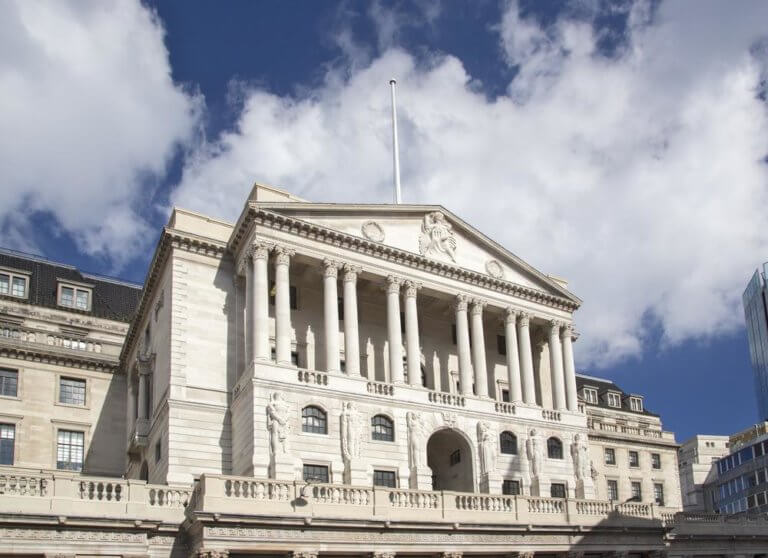Wellbeing is something a lot of us are taking more seriously these days. In the age of self-care, everyone is paying more attention to how they feel in themselves, and how they look after their future. Part of investing in good wellbeing, is making sure you’re healthy from a financial perspective too. The unfortunate truth is most of don’t have the level of financial wellbeing we’d like. We spend a lot of time worrying about not having enough money to pay for essential bills and expenses, but not nearly as much time coming up with solutions to our cash flow issues. The good news is there are some simple ways you can improve your financial wellbeing with minimal effort. Here are some simple ways to get started.
Update Your Debt Strategy
Debt can have a significant impact on financial wellbeing. It’s easy to find yourself getting overwhelmed by a buildup of loans and interest rates after a while. Even if you’re relatively careful with your money, we all need to borrow from time to time to handle the hefty expenses associated with things like buying a house or getting an education. The key to success isn’t avoiding debt entirely, it’s learning how to use it correctly. Taking out student loans so you can go to college and improve your earning capabilities in the future is a great way to actively improve your financial health over time. If you take the time to carefully research the right loan options, you can also ensure you don’t have to worry as much about interest rates and fees at a later date.
Create a Savings Plan
Most of us have long-term and short-term goals for our finances. In an ideal world, we’d be able to buy anything we needed as and when we wanted it. However, the reality is that big purchases can take a long time to make. Having a strong savings plan in place will ensure you can gradually work towards your long-term goals. Making better lifestyle choices can save you money as well. Aside from having a plan for your long-term savings, it’s also important to ensure you have an emergency savings plan in place. This emergency fund will be what you turn to when unexpected expenses crop up in your life. Having a little extra backup in place will stop you from dipping into the money you’re trying to reserve for other major purchase down the line.
Experiment With Budgeting Strategies
Finally, budgeting is one of the best tools you can use when you’re trying to improve financial wellbeing. However, many struggle with setting up a budget, because they find doing so to be restrictive or difficult. The good news is there doesn’t have to be a one-size-fits-all approach to budgeting. You can simply experiment with different plans until you find something that works for you. You might even find it helpful to use modern tools to help you. Budgeting and financial apps are excellent for guiding you through the process of sorting your money into different segments based on what you want to accomplish. You can even find tools which can give you advice based on your specific spending habits.
























